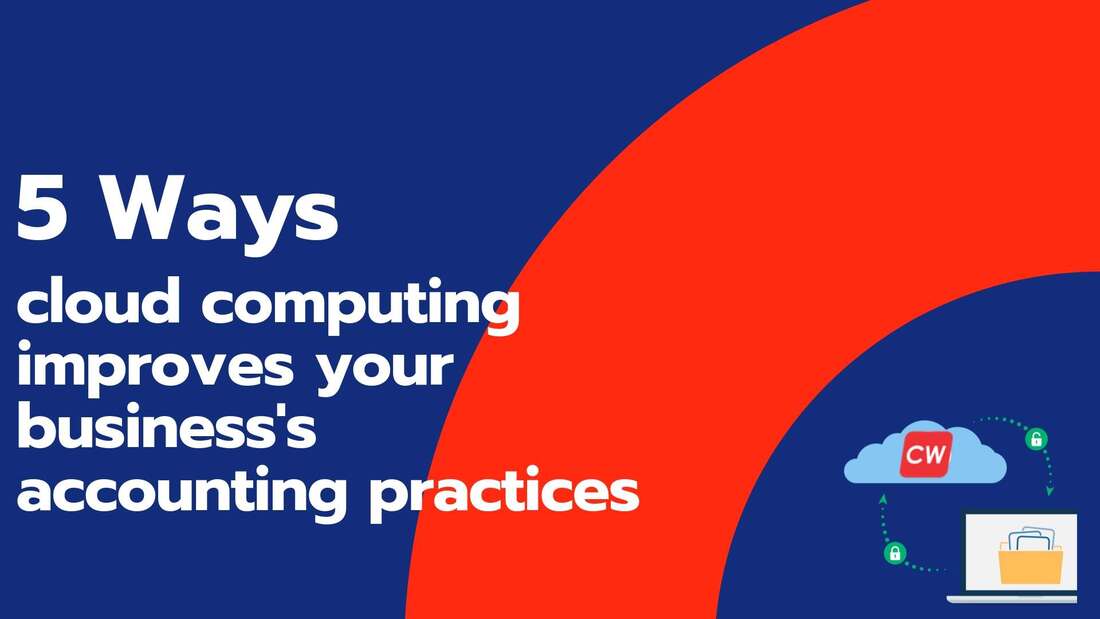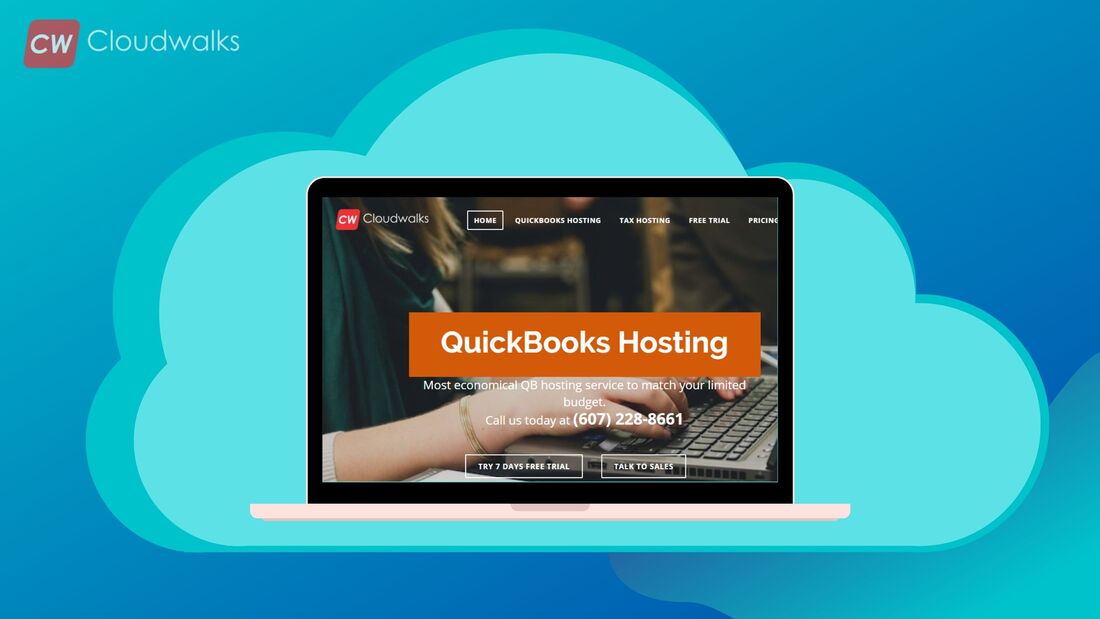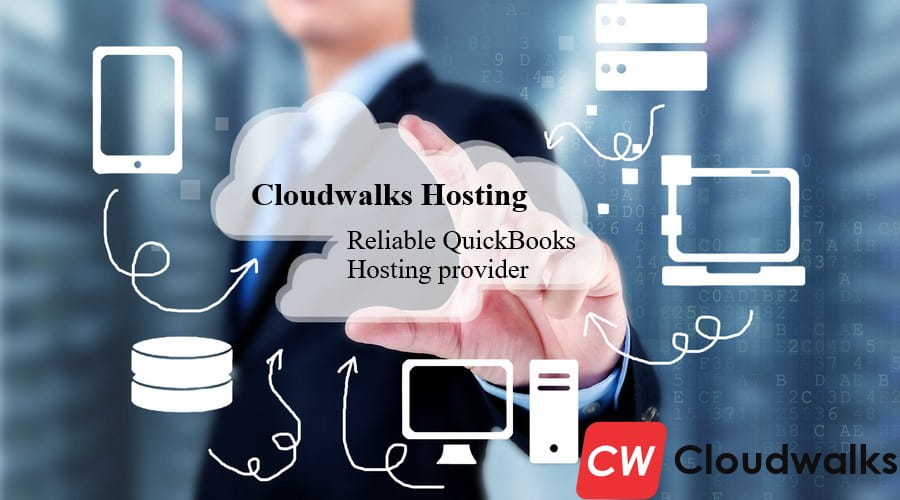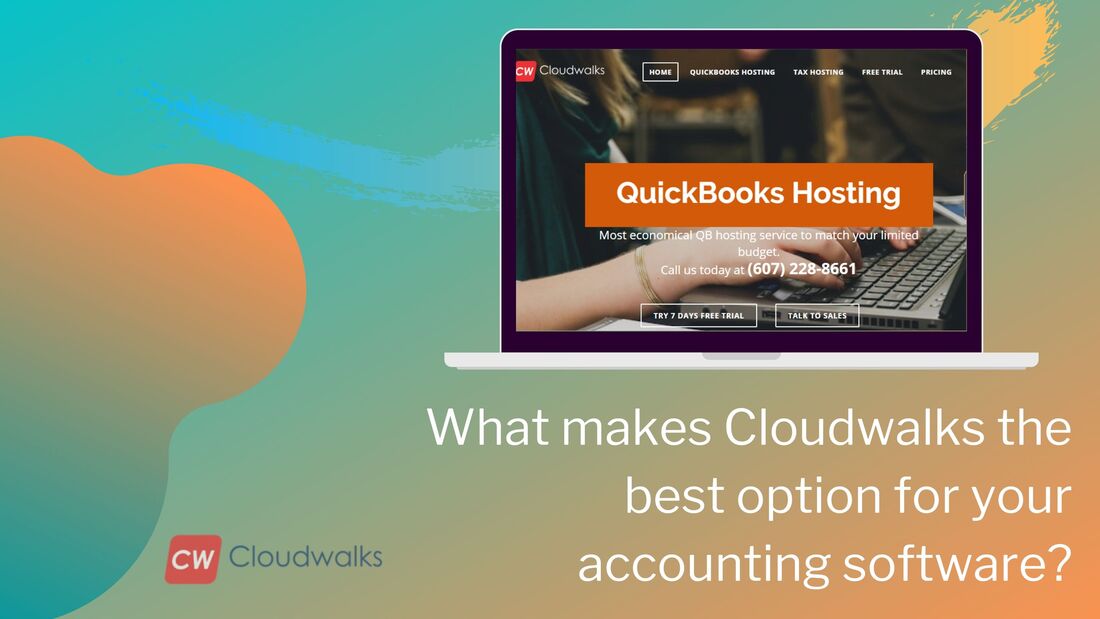|
Cloud accounting solutions beat traditional in-house accounting tools by a long mile. The latter comes with huge upfront investments for IT infrastructure and software licensing. Many accounting software that businesses use happen to be legacy applications with complex and outdated UI. They are also often bloated with additional functionalities which the accounting team of a small business might never use, yet the company has to pay for it. Due to these major shortcomings, the accounting industry has readily accepted Cloud Computing and is evolving with it. According to a recent report, the global Cloud Accounting market is expected to grow by a CAGR (Compound Annual Growth Rate) of 8% between the years 2019 through 2025. Cloud computing is finding its application in businesses in a myriad of ways. Innovative cloud-based solutions are revamping the way the businesses function, moving from the traditional practices towards a dynamic work environment. Cloud accounting software is a powerful tool. It changes the way accounting is done. The flexibility offered by cloud solutions (with price and functionality) is very attractive to businesses of sizes, that are fed up of bulky and outdated ways of managing accounts. Advantages of cloud computing over your business's accounting practicesThere are many functionally mature cloud-based tools with sophisticated accounting workflows that help cater to small businesses with a variety of needs. These tools help manage bills and invoices, expenses and sales, and they also help prepare your accounts data to send to your CA. This journey will be transformational and during this process, the organization will experience several benefits: 1. Real-time data organizationSmall businesses scale fast and form relationships as they grow. If you have a great product (which is marketed well), you will quickly see yourself taking on new clients. As more business comes in, your existing vendor relationships get consolidated and new vendors may also be engaged. With traditional in-house accounting, where only one person maintains the most updated data, the distribution of the latest data across the team becomes an overhead. It consumes additional time which could be redirected towards finishing more accounting tasks during the day. Furthermore, slower data transfer speeds can slow down an already avoidable task. On a cloud accounting system like QuickBooks in the cloud or cloud hosted QuickBooks, accessibility would never be the problem. All the data is instantly synced with the cloud database and is instantly available to everyone involved in the accounting process. All you need is a stable internet connection and the data sync does not remain a problem anymore. Since the cloud provider handles the server, they manage the loads and provide scalability on the go. All of this is handled by their backend team and business owners remain abstracted from these backend tasks 2. Customized reporting and data analyticsCloud accounting giants, like intuit, also provide organized displays of the financial data. Innovative UI helps visualize data with the help of industry-optimized templates for these graphs and charts. All the formula required for creating financial reports are available through their templates. The most advanced cloud accounting solutions in the market can help generate key reports and several financial snapshots within a few clicks. These systems also provide powerful dashboards which give a quick-glance view of the state of your company’s accounts. If you are a small business owner, this enables you to track your accounts and accounting tasks. Thus, you get to focus on growing your core business with an assurance that all your finances are organized and accounted for. When combined with Big Data, cloud accounting presents an opportunity to elevate the role the finance department plays for the business. They can extract insights to improve business process efficiency and inform corporate strategy. The finance department can use the software with low-margin compliance tasks, while they get to focus on high-fidelity compliance advice and business planning tasks. 3. The power of convenience in accountingWith cloud accounting tools, you can access your accounting data anywhere, at any time, and on any device. This is a boon for a small business owner who leads a busy, always-on-the-go lifestyle. This makes things easier for the accounting team too. Your sales reps and project managers can find important simply by searching through a mobile app. This helps inform the conversations they have with your clients as the financial data helps affect most decisions they take. Lynda Artesani, who runs a virtual bookkeeping firm in Florida, faced problems when she interacted with out-of-state clients working in a different timezone. She realized that using QuickBooks cloud made her work fast and more efficient. She now refers non-QB cloud clients to other firms. Paul Young, the President of American Financial Management, really loved the bank feed feature of his cloud accounting software. According to him, it “saved them hundreds of thousands of hours in bank rec-ing”. 4. Assurance for the board and investorsAccount consolidation tools like Blackline help companies reconcile balance sheets and check their integrity. With over 50% growth each year over the last 6 years, Blackline’s core offering is to automate accounting workflows by focusing on optimizing multiple subprocesses. You can share a complete picture of your accounts with investors and investors to assure them about the company’s health. They can use this well-summarized, concise data to provide you strategic directions. Not only tools like these save you time, but a cloud accounting tool could also help provide visibility and transparency to analysts, investors, and the board. You carry a holistic view of your business data into these conversations, thereby creating more impact in high-stakes meetings. 5. Audit-ready accounts and optimized legal complianceWhile traditional accounting software promises legal compliance, they usually don’t offer much beyond basic reporting functionality. Compliance usually involves time-consuming and laborious processes. Besides, the problem of decentralized data makes tax preparatory tasks all the more strenuous. Cloud accounting software makes compliance a lot easier with customized workflows for compliance and secure data exchange for approvals. They also provide training for your employees to simplify compliance tasks. All the features in a cloud accounting tool will help ensure you stay compliant while minimizing the time required to ensure compliance. Many of these tools have built-in legal checks to ensure your accounting data stays compliant. This gives much-needed legal support to small businesses and a source of confidence for companies who cannot hire in-house legal counsel. What about the safety of data in Cloud Accounting Software?Security is not just a cloud accounting concern; it’s the primary concern for all developers working on building cloud applications as well as the users. While traditional accounting systems rely on trust and physical security measures, cloud accounting secures your data by applying powerful encryption algorithms like AES and SHA on transferred and stored data. You could also go for private or hybrid cloud models to retain more control of the cloud infrastructure owned by a third-party provider. However, be ready to shell out more money as these custom solutions come at a higher price point. Closing WordsCompared to old-school accounting, the cloud accounting approach presents numerous advantages and massive cost savings. It fits into the busy lifestyle of on-the-go small business entrepreneurs and supports them by simplifying report generation and legal compliance.
With affordable monthly pricing, free trials, and easy migration, there is no reason to try cloud accounting tools to get free of your accounting woes.
0 Comments
Your comment will be posted after it is approved.
Leave a Reply. |
Most useful blogs |
Hosted Applications |
Tax Hosting Services |
Accounting Applications |
ContactAddress
Cloudwalks Hosting, Inc. 40 Exchange Place, Suite 1602 New York, NY 10005 |


 RSS Feed
RSS Feed




